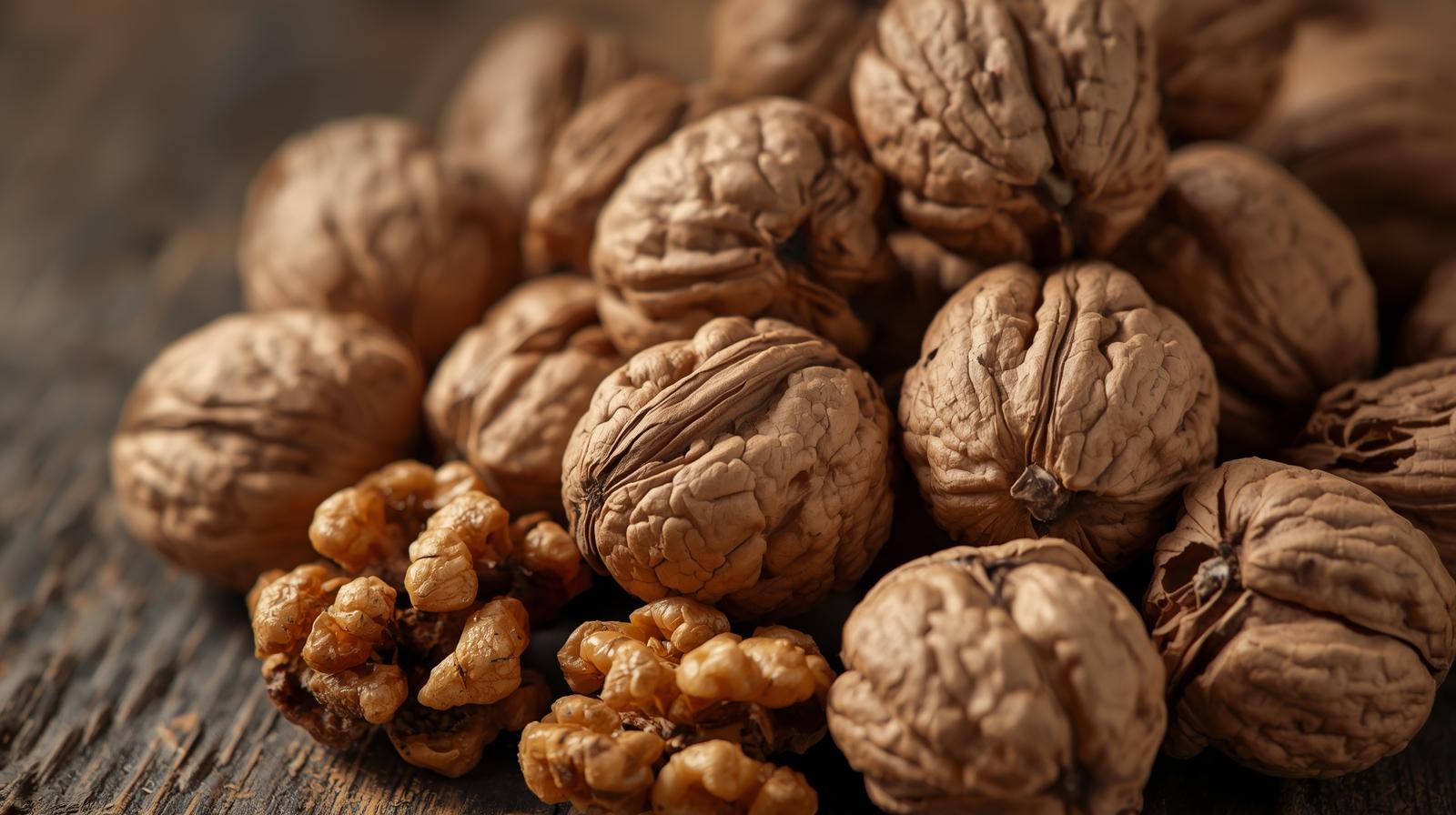Nutrition & Sleep
Nutrition and Sleep: How Food Influences Rest and Recovery
Sleep is one of the most vital pillars of health, alongside nutrition and physical activity. Yet, many people struggle with falling asleep, staying asleep, or waking up refreshed. While stress, lifestyle, and environment play major roles, nutrition is often overlooked as a powerful factor in sleep quality. The foods consumed throughout the day—and especially before bedtime—can either support the body’s natural sleep hormones or disrupt them, making it harder to achieve restorative rest.
This article explores the intricate relationship between nutrition and sleep, highlighting which foods promote sleep, which foods hinder it, and how to design a pre-sleep routine that nourishes the body and mind for optimal rest.
The Science of Sleep and Nutrition
Sleep is regulated by two main biological systems: the circadian rhythm and the sleep-wake homeostat. The circadian rhythm is the body’s internal clock, influenced by light, activity, and food intake. The sleep-wake homeostat tracks how long the body has been awake and signals when it needs rest. Nutrition interacts with both systems by influencing hormones and neurotransmitters such as melatonin, serotonin, cortisol, and gamma-aminobutyric acid (GABA).
- Melatonin: Known as the “sleep hormone,” melatonin regulates circadian rhythms and signals the body that it’s time to sleep. Its production is influenced by light exposure and certain nutrients.
- Serotonin: A neurotransmitter that stabilizes mood and contributes to feelings of well-being. It is also a precursor to melatonin.
- Cortisol: The “stress hormone” that promotes alertness. Elevated cortisol levels at night can interfere with sleep.
- GABA: A neurotransmitter that calms the nervous system and promotes relaxation.
The foods consumed can either enhance or inhibit the production of these chemicals, directly impacting sleep quality.
Foods That Promote Sleep
1. Tryptophan-Rich Foods
Tryptophan is an essential amino acid that the body uses to produce serotonin and melatonin. Consuming tryptophan-rich foods can support the body’s natural sleep cycle.
- Turkey and chicken
- Eggs
- Cheese
- Nuts and seeds (pumpkin seeds, sunflower seeds, almonds, walnuts)
- Soy products (tofu, tempeh, soy milk)

2. Complex Carbohydrates
Carbohydrates help transport tryptophan across the blood-brain barrier, making it more available for serotonin and melatonin production. Choosing complex carbohydrates ensures a steady release of energy without spiking blood sugar.
- Oats
- Brown rice
- Quinoa
- Sweet potatoes
- Whole-grain bread
3. Magnesium-Rich Foods
Magnesium is a mineral that supports relaxation by activating the parasympathetic nervous system and regulating GABA activity.
- Leafy greens (spinach, kale, Swiss chard)
- Bananas
- Avocados
- Legumes (lentils, chickpeas, black beans)
- Dark chocolate (in moderation)

4. Calcium-Rich Foods
Calcium helps the brain use tryptophan to manufacture melatonin. A deficiency in calcium has been linked to disturbed sleep patterns.
- Dairy products (milk, yogurt, cheese)
- Fortified plant-based milks
- Sardines
- Broccoli
- Almonds
5. Vitamin B6 Sources
Vitamin B6 is essential for converting tryptophan into serotonin and melatonin.
- Bananas
- Chickpeas
- Salmon
- Poultry
- Potatoes
6. Herbal Teas and Natural Sleep Aids
Certain herbs and teas have calming properties that promote relaxation and sleep.
- Chamomile tea
- Valerian root tea
- Passionflower tea
- Lemon balm tea
- Lavender tea

7. Tart Cherries
Tart cherries and tart cherry juice are among the few natural food sources of melatonin. Studies suggest that consuming tart cherry juice can improve sleep duration and quality.
Foods That Disrupt Sleep
1. Caffeine
Caffeine is a stimulant that blocks adenosine, a neurotransmitter that promotes sleepiness. Its effects can last for 6–8 hours, making late-afternoon or evening consumption disruptive to sleep.
- Coffee
- Black and green tea
- Energy drinks
- Chocolate
- Certain sodas
2. Alcohol
While alcohol may initially make people feel drowsy, it disrupts the sleep cycle by reducing REM sleep and causing frequent awakenings during the night.
3. High-Sugar Foods
Sugary foods and refined carbohydrates can cause blood sugar spikes and crashes, leading to nighttime awakenings and poor sleep quality.
- Candy
- Pastries
- Sugary cereals
- Sweetened beverages
4. Spicy Foods
Spicy foods can cause indigestion, acid reflux, and elevated body temperature, all of which interfere with falling and staying asleep.
5. High-Fat Meals
Heavy, greasy meals take longer to digest and can cause discomfort or acid reflux when consumed close to bedtime.
- Fried foods
- Fast food
- Processed meats
6. Excessive Protein Before Bed
While protein is essential for health, consuming large amounts right before bed can make digestion harder and delay sleep onset.
Designing a Pre-Sleep Nutrition Routine
A pre-sleep routine should focus on calming the body, stabilizing blood sugar, and supporting the production of sleep hormones. The goal is to create a ritual that signals the body it’s time to wind down.
Step 1: Timing of the Last Meal
- Aim to finish dinner 2–3 hours before bedtime to allow for digestion.
- Avoid heavy, fatty, or spicy meals late at night.
- If hungry before bed, opt for a light snack that combines complex carbohydrates and protein.
Step 2: Ideal Pre-Sleep Snacks
- A small bowl of oatmeal with banana slices
- Whole-grain toast with almond butter
- Greek yogurt with tart cherries
- A banana with a handful of walnuts
- Warm milk or a plant-based alternative fortified with calcium
Step 3: Hydration
- Stay hydrated throughout the day, but reduce fluid intake 1–2 hours before bed to minimize nighttime awakenings.
- Herbal teas like chamomile or valerian root can be soothing alternatives.
Step 4: Avoid Stimulants
- Cut off caffeine intake at least 6–8 hours before bedtime.
- Limit alcohol consumption, especially in the evening.
Step 5: Create a Relaxing Ritual
- Pair a calming snack with a bedtime routine such as reading, journaling, or meditation.
- Dim lights to encourage melatonin production.
- Avoid screens at least 30 minutes before bed, as blue light suppresses melatonin.
Sample Pre-Sleep Meal Plan
Dinner (3 hours before bed)
- Grilled salmon (rich in vitamin B6 and omega-3s)
- Steamed spinach (magnesium and calcium)
- Quinoa (complex carbohydrate and protein)
- Roasted sweet potatoes (complex carbohydrate)
Evening Snack (1 hour before bed)
- Warm milk with a sprinkle of cinnamon
- A handful of walnuts (melatonin and healthy fats)

Herbal Tea (30 minutes before bed)
- Chamomile tea with a slice of lemon
Lifestyle Factors That Complement Nutrition
While nutrition plays a significant role, it works best when combined with other healthy sleep habits:
- Consistent sleep schedule: Going to bed and waking up at the same time daily reinforces circadian rhythms.
- Light exposure: Natural light during the day and darkness at night regulate melatonin production.
- Physical activity: Regular exercise improves sleep quality, but intense workouts should be avoided close to bedtime.
- Stress management: Practices like meditation, deep breathing, or yoga can reduce cortisol levels and prepare the body for rest.
Conclusion
Nutrition and sleep are deeply interconnected. Foods rich in tryptophan, magnesium, calcium, and complex carbohydrates can enhance the production of sleep-promoting hormones, while caffeine, alcohol, sugar, and heavy meals can disrupt rest. By designing a thoughtful pre-sleep nutrition routine—focusing on light, calming snacks and avoiding stimulants—it is possible to improve sleep quality naturally.
Sleep is not just about the hours spent in bed but about the quality of rest achieved. With the right nutritional choices, the body can enter deeper, more restorative sleep cycles, leading to better energy, mood, and overall health.
Although the best method of getting enough Magnesium is through food, this can be difficult (for many reasons) in present day times. Personally, I always take a Magnesium supplement, however, the particular one I choose is Magnesium Glycinate. This one is particularly good for promoting sleep due to its calming effect on the nervous system. After 18 months of experimenting, this is the brand I choose.
NOTE:
This post includes affiliate links to Amazon. If you choose to buy through these links, I may earn a small commission, which helps support this blog—thank you.
Recommended Magnesium Supplement:


